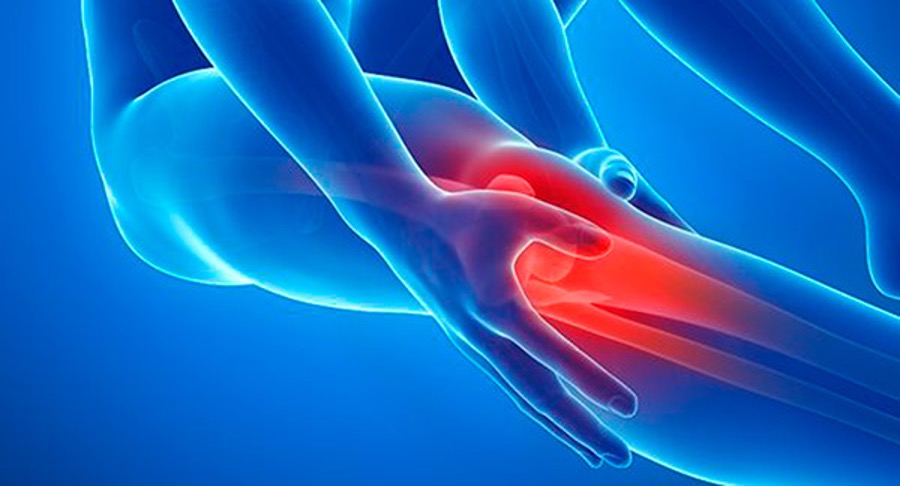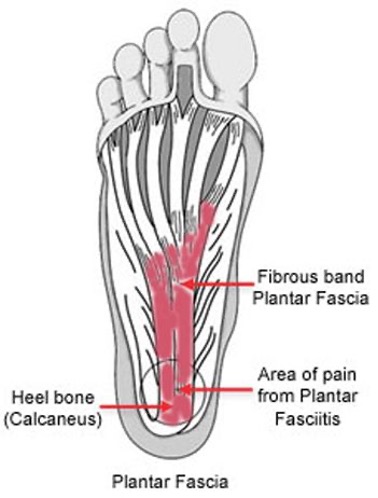What is TMJ Pain?
Pain in the temporomandibular joint, which is the point that connects your lower jaw to your skull on both sides of your head, and pain in the muscles that control jaw movement.
Overview
The temporomandibular (tem-puh-roe-man-DIB-u-lur) joint (TMJ) acts like a sliding hinge, connecting your jawbone to your skull. You have one joint on either side of your jaw. TMJ disorders can cause pain in your jaw joint and in the muscles that control jaw movement.
Signs and symptoms of TMJ disorders may include:
- Pain or tenderness of your jaw
- Pain in one or both temporomandibular joints
- Aching pain in and around your ear
- Difficulty chewing or pain while chewing
- Aching facial pain
- Locking of the joint, making it difficult to open or close your mouth
TMJ disorders can also cause a clicking sound or grating sensation when you open your mouth or chew.
Causes
The temporomandibular joint combines a hinge action with sliding motions. The parts of the bones that interact in the joint are covered with cartilage and are separated by a small shock-absorbing disk, which normally keeps the movement smooth.
Painful TMJ disorders can occur if:
- The disk erodes or moves out of its proper alignment
- The joint’s cartilage is damaged by arthritis
- The joint is damaged by a blow or other impact
In many cases, however, the cause of TMJ disorders isn’t clear.
Complications
Seek medical attention if you have persistent pain or tenderness in your jaw, or if you can’t open or close your jaw completely.
Factors that may increase the risk of developing TMJ disorders include:
- Various types of arthritis, such as rheumatoid arthritis and osteoarthritis
- Jaw injury
- Long-term (chronic) grinding or clenching of teeth
- Certain connective tissue diseases that cause problems that may affect the temporomandibular joint
Prevention
There are several things you can do to prevent the TMJ pain you’re experiencing. They are:
- Find ways to destress. Meditation, yoga, and massage have been found to be relaxing to many people. Stress is said to be a factor in TMJ disorder which can occur if you clench the jaw or grind the teeth often.
- Stop chewing gum. This can contribute to the overuse and stress of your jaw muscles.
- Try a few gentle jaw stretches to increase mobility in the joint.
- Try softer foods, give your jaw a break from crunching and grinding your food.
- Don’t hesitate to seek help from a physiotherapist.
Treatment
Can Physio help with TMJ Pain?
Your physiotherapist will conduct a thorough Jaw assessment during your appointment. We may choose to prescribe the following exercise or treatment based on your assessment outcome.
- Posture improvement and neck treatment
- Muscle lengthening or jaw muscle massage
- TMJ joint mobilisation techniques
- TMJ Alignment exercises (focusing on Jaw movement pattern and timing)
- Passive, active-assisted, active exercises
- TMJ stabilisation and Jaw Strengthening exercises
- Relaxation Jaw Exercises
If you’re experiencing TMJ Pain, come and see us! Give us a call on (08) 9203 7771 or email info@ngp.net.au and book an appointment and we’ll check them out, alleviate any concerns and give you the best possible treatment to keep the pain at bay.
Surprised that Physio can help with TMJ Pain? Wondering what else we treat? Take a look at our Physiotherapy Treatments page – you may be surprised at the range of ailments that can be treated with Physio.




